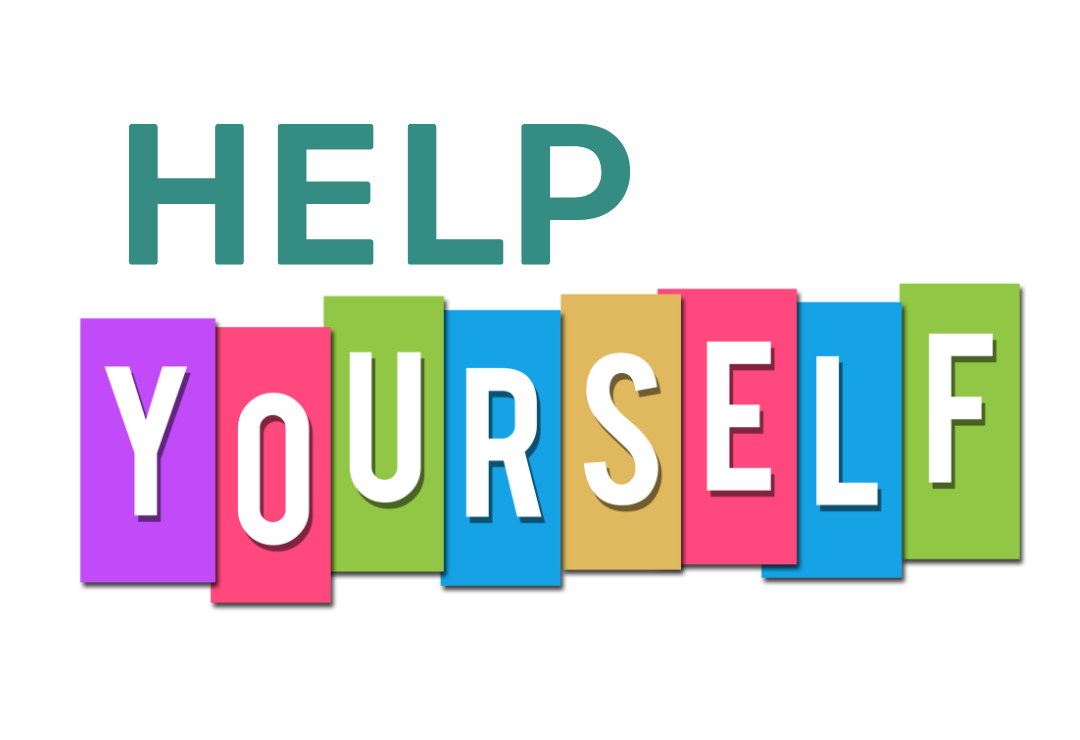
The UBC (Ultimate Blog Challenge) gave the following prompt for July 13th: “Write about my favorite number - what is it and why?”
I know this prompt is meant to be fun, so why did I feel annoyed? I’m guessing it is because a number didn’t jump out at me. Then I started to think about how numbers are used in my world and then I had a winning number! The #3! Winner Winner Chicken Dinner!
The #3 seems to be everywhere in the blogs and emails I consume. My most favorite way I see it being used is for titles such as “3 Tips to Help You. . . “ In honor of today’s blogging prompt, let me share a few tips on the 3 tips on . . .
3 tips to help you deal with stress- Know Your Limits
- Breathe Deeply
- Let Go Of What You Can't Control (if you figure out how to do this one, please teach me!!)
Stress is something we all face every day.

Whether it’s the daily grind of work, family life, or just dealing with everyday annoyances, stress can take a toll on our health and well being. Stress can cause us to lose sleep, eat poorly, become irritable, and even make us sick.
The tips above barely scrape the surface of coping with stress. There are many other ways including: exercise, meditation, yoga, breathing exercises, and talking things out with friends and loved ones. But what about those times when you feel like there’s no way out? When you feel overwhelmed and stressed out? Here are three additional tips to help you cope with stress:
- Eat healthy. Eating nutritious foods helps keep your energy levels up and gives you the nutrients you need to fight off illness. Try eating lots of fruits and vegetables, whole grains, lean proteins, low fat dairy products, nuts, seeds, beans, and legumes. Avoid sugary snacks and processed food.
- Take care of yourself. Make sure you get enough restful sleep each night. Sleep deprivation makes you tired and cranky, and it affects how you think and act. Also, drink plenty of water throughout the day. Dehydration causes headaches, fatigue, constipation, and muscle aches.
- Don’t sweat the small stuff. Sometimes we worry too much about little things, such as traffic jams, missed flights, or spilled milk. These things aren’t worth stressing over. Instead, focus on the big picture. What matters most is that you’re alive today, and that you’ll continue to live tomorrow.
My favorite book on stress: https://amzn.to/2GRnvKB
3 Tips to help you boost your self-compassion- Talk to yourself like you would talk to your very best friend
- Practice daily the affirmation, “I love myself as I am AND I am improving daily”
- Hug yourself! Teach your children to hug themselves as well

Self Compassion is about accepting yourself just as you are. Self Compassion is being able to accept yourself even though you might make mistakes, feel pain, or experience suffering. Self Compassion is about loving yourself no matter what.
The most important thing we can do for ourselves is to learn how to love ourselves. We cannot change anything else about our lives, but we can change our relationship to ourselves. If we don't like something about ourselves, it doesn't mean there is something wrong with us; it simply means we haven't learned to accept ourselves yet.
We often judge others harshly because we're judging ourselves too. When someone does something hurtful to us, we tend to think "Why me?" But why isn't it "Why him/her?" Why aren't we asking ourselves that question? Because we've never been taught to ask ourselves questions like that. We've been taught to blame ourselves for everything that happens to us.
If we could stop blaming ourselves for things that happen to us, we'd be free to focus on changing those things. And once we start focusing on changing those things, we'll find that we actually enjoy making changes in our life.
So the next time you notice yourself feeling angry or upset, try thinking "Why am I feeling this way?" Instead of "What did I do wrong?" Try saying "I'm having this feeling because..."
And remember, nobody is perfect. Nobody is immune to making mistakes. So whenever you catch yourself criticizing yourself, remind yourself that you're human, and that you deserve to be loved.
My favorite book on Self-Compassion: https://amzn.to/3ujHOXh
3 Tips to help you have better conversations- Use “I-messages”
- Listening more than speaking
- Paraphrase what you heard and ask “Did I miss anything?

Because communication improvement is a critical skill in most areas of your life, here are a few more tips:
- Be clear about what you want to say. If you're trying to convey something important, make sure it's crystal clear.
- Say "thank you." This simple act can go a long way toward making people feel appreciated.
- Take notes. You'll learn a lot more if you take notes during meetings.
- Use body language. Make eye contact. Smile. Show interest.
- Ask questions. People love talking about themselves. And asking good questions makes others feel valued.
My favorite book on communication: https://amzn.to/3O97soo
3 Tips to help you sleep better- Make a sleep schedule and stick to it religiously
- Don’t lay in bed awake past 15 minutes
- Shift your thinking about sleep

The most effective way to improve sleep is to avoid caffeine. Coffee, tea, chocolate, soda — none of these contain the ingredients necessary for a good night's sleep. And while alcohol might help you relax, it won't do anything for your ability to fall asleep.
Consider trying melatonin supplements. Melatonin helps regulate our circadian rhythm, which controls how we feel during different times of day. Our bodies produce less melatonin as we age, making us more likely to wake up feeling groggy. A supplement like melatonin can help restore balance to your body clock.
Another thing to keep in mind is that light exposure can disrupt your sleep cycle. So if you spend a lot of time working under fluorescent lights, make sure to use blackout curtains or wear sunglasses. I know you don’t want to hear this, turn off your electronic devices earlier in the evening.
Finally, exercise regularly. Exercise increases levels of serotonin, a neurotransmitter associated with feelings of well being. In addition, exercise reduces stress hormones, helping you unwind and prepare yourself for bedtime.
My favorite book on sleep: https://amzn.to/3o4mTDS
3 Tips to help you change your habits- Make your habit small, realistic, and attainable
- Anchor the new habit to something you already do
- If you mess up, don’t overthink it and get back on track

I love James Clear’s advice of just focus on getting 1% better each day. I don’t know about you, but 1% of anything sounds more doable, less overwhelming, and instills hope for change! Consider the type of person you want to be and brainstorm all of your ideas. Slowly implement into your routines, to-do’s, and your planner.
Remember your “why?” If it seems difficult to stick to your new habit, maybe it wasn’t worth doing. Ask yourself,” What personal value or meaning am I giving this habit?” and “Do I want to keep this habit?” If the habit isn’t serving you and won’t improve your life in a way you desire, let it go!
My favorite book on habits: https://amzn.to/30JGu16
Please consider leaving your favorite three tips in the comments below.
To get your complimentary gift: healthrivedream.com/hope-tool


